Recently, Twitter CEO Jack Dorsey announced the company would no longer accept political ads. This week, in another surprising move, Google announced it would follow suit. The big question is “will Facebook follow suit?”
Initially, I theorized if Facebook gave up digital ads, it might be part of a sort of advertiser armistice joint announcement with Google. I was wrong – and now that one of the two 800lb gorillas in digital advertising (three if you count Amazon) is sidelined, I’m less confident that Facebook will stay in the game.
However, I still think it’s unlikely Facebook will give up political ads.
First, negative publicity never seems to hurt Facebook — they’ve not lost significant numbers of users despite all of the scandals (and advertisers just keep spending more). Facebook took a financial hit after Cambridge Analytica and the slew of other privacy and fake news issues, but it wasn’t from lost users as much as it was from increased costs to hire more staff to monitor content. Even the Facebook app turning on user cameras without permission has already fallen out of the news.
Additionally, banning political ads won’t immunize Facebook from criticism surrounding what happens on their platform. They’ll continue to be dragged for not doing enough to moderate problematic political speech.
Kantar predicts that campaigns will spend $1.2 billion on digital ads for the 2019-2020 campaign cycle — so giving up political ads would likely cost Facebook hundreds of millions in revenue while they’re in the middle of a technological arms race and staring down an anti-trust lawsuit. Although a few hundred million is a fraction of the tens of billions the social media giant makes on ads in a given year, it’s not insignificant (especially given the potential for growth). With Google and Twitter out of the game, Facebook stands to capture l that revenue AND forge deeper relationships with campaigns and public affairs marcom professionals.
If Facebook stops running political ads one could make the case that it would make their authenticity problems (think Russia) worse. Without a place to run ads, bad actors may decide to compensate by investing more in influencer outreach, fake pages, and fake profiles to compensate. In fact, it’s entirely likely that bad actors have already been quietly investing in more ‘sleeper’ pages and profiles in the event of advertising going away.
Political ads are inevitably going to get past the algorithmic gatekeepers (unless they hire even more staff to monitor them to make sure they don’t squeak through). Just watch, in an upcoming media cycle the story will probably be that ProPublica or some other organization was able to get past Twitter’s safeguards to run political ads.
There are all sorts of ways to promote a political agenda without tripping the alarms that would get an ad flagged as political by a bot whether or not Facebook bans political ads, they’ll still have to staff accordingly to monitor the ads — so they may as well profit from the ads themselves. Unlike Twitter and Google, Facebook already had a more robust verification infrastructure built for political advertisers. On the other side, there are some reasons why Facebook might follow Twitter and Google and ban political ads — but they’re not as compelling.
One reason Facebook might give up political ads is that they’re starting to be regulated at the state level. Vermont, Washington, and Wyoming have started requiring disclosures similar to those used by traditional media channels, and the regulations in Washington were so onerous that Facebook stopped running political ads in that state. Facebook could just keep going state-by-state and rake in plenty of money.
Another factor that could motivate Facebook to stop running political ads is that negative publicity might give momentum to the anti-trust movement against them.
Regardless of what Facebook decides to do, the problem of misinformation (and disinformation) reaching hundreds of millions of voters will remain, largely because the tactic is effective. Until that underlying problem is addressed, the great promise of the Internet remains unfulfilled.
Derek DeVries is Director of Digital & Social Strategy at Lambert.

